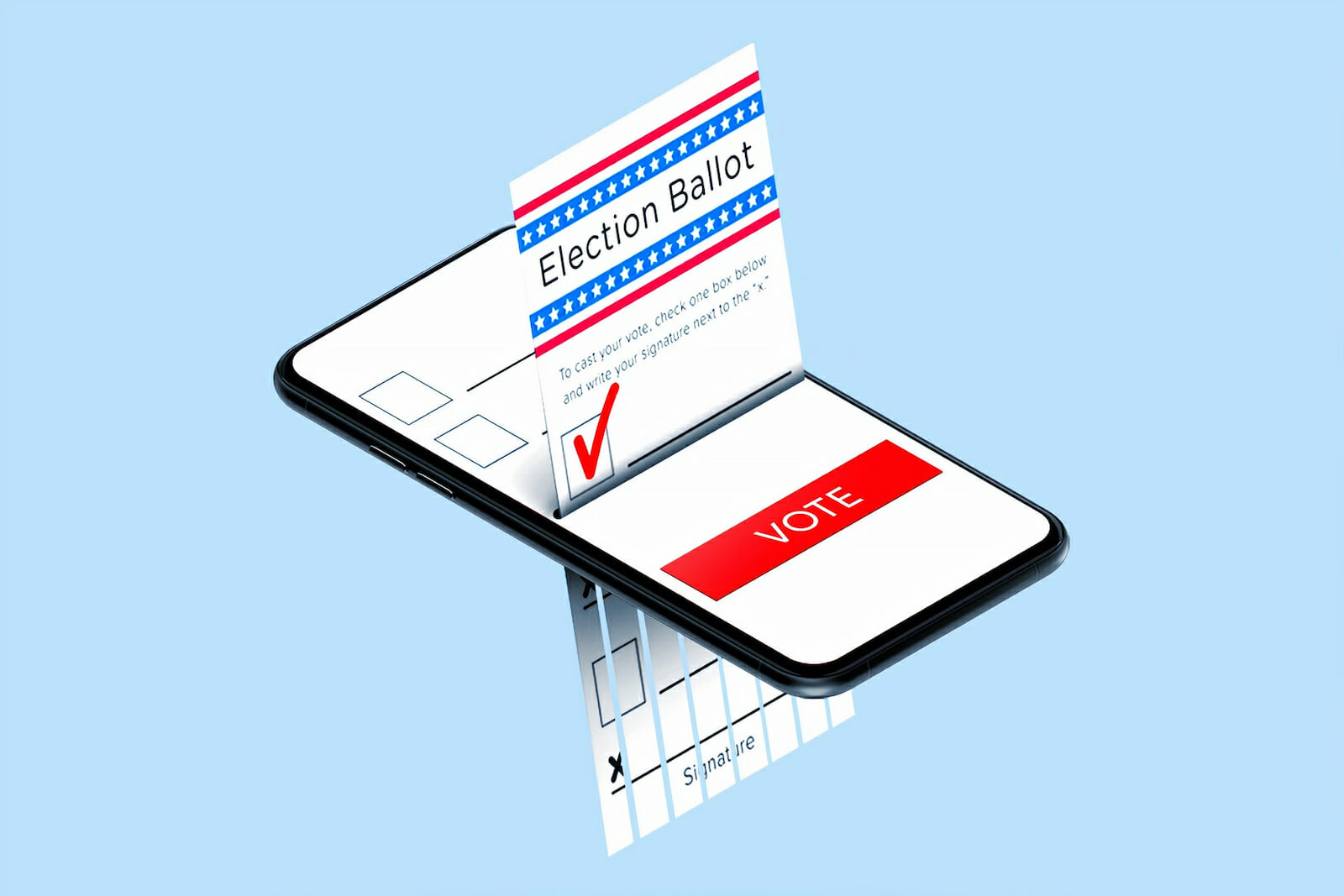
Tech
Will Facebook’s Ad Ban Really Help Save the Election?
Facebook is no stranger to political controversy. Mark Zuckerberg recently announced that the social media platform would not allow ads the week before the 2020 presidential election. In a Facebook post, Zuckerberg detailed the company’s efforts to combat misinformation on the platform. However, the ad ban has drawn attention from conservatives and progressives alike.
The move has interested people of all backgrounds as Facebook typically shies away from taking direct political stances. Regardless, when using the platform during election week, you’ll notice no new ads. It now calls into question the company’s past — and its future.
Facebook Controversies
Though Facebook’s involvement with political ads may seem sudden, the platform is not new to the scene. In fact, the 2016 election was a tumultuous time for candidates. Many resources now cite Facebook as at least partially responsible for Donald Trump’s win that year.
With Trump’s campaign running countless ads and Russian accounts pouring in funding for advertisements, Facebook was the president’s catapult for reaching audiences of all backgrounds. Hillary Clinton was his Democratic opponent, and many people were unsure who they wanted to vote for. The consistent ads ultimately swayed people in Trump’s favor.
Additionally, Zuckerberg stated just months ago that he believes social media should not be fact-checking political content. He has maintained that stance — seemingly up until now.
This decision also comes at a time when Facebook is still under scrutiny. After a lack of hate speech monitoring on the platform, there’s been significant backlash from groups like Color of Change. A movement soon came about where big companies pulled advertisements from Facebook, including Microsoft, Target, and Ben & Jerry’s. Regardless, Facebook is carrying on with its ad ban, and hoping to remain nonpartisan.
Ad Ban Effectiveness
In a September 3rd Facebook post, Zuckerberg detailed the platform’s actions to curb the spread of misinformation. Beginning on October 27th, political parties and candidates will not be able to create new ads. The ban will end on Election Day.
The Facebook ad ban comes alongside other tactics, like providing voter information, posting live election results, and removing misinformation about voting, as well as COVID-19.
To some, Zuckerberg’s new announcement of the ban comes as a surprise. His past words and actions indicated an ambiguous approach to this election. However, whether Zuckerberg’s motivation comes from wanting to satisfy critics or not, it will still have repercussions. Critics and users are now questioning how effective Facebook’s strategy will be.
On a positive note, the ban will keep information straightforward when people will need it the most — during election week. It will be less confusing for users to see ads that aren’t quickly appearing, seemingly out of nowhere.
Zuckerberg’s post cites “civil unrest” as a motivator for Facebook’s upcoming actions. Issues like conspiracy theories, hoaxes, and voter suppression are contributing to this, alongside misinformation.
The weeklong ad ban will ultimately expire. After that, Facebook will need to prove its dedicated commitment to removing misinformation of all sorts. If not, the platform will likely face a similar backlash as it has in the past. The ad ban will help, but not enough.
Step by Step
The Facebook ad ban marks the first major action from the company regarding monitoring and preventing misinformation. Moving away from Russian interference in the 2016 presidential election, Facebook can’t afford to stir up another controversy. This ban is the first step of many that the platform should take.
However, if Zuckerberg pushes the company in a different direction, it could continue to receive consistent negative attention. This ban may be a test run for Facebook. If it succeeds, you may see the company pursuing more political action cloaked in the rhetoric of impartiality.

